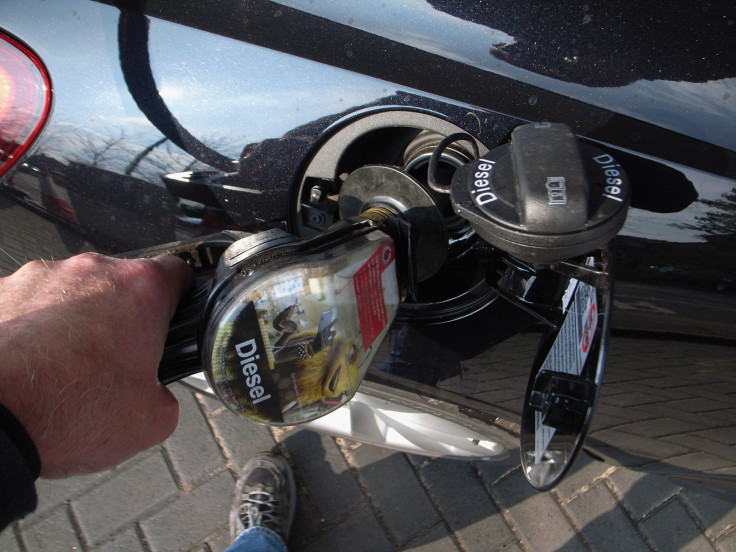Budget 2016: Beer and fuel duty frozen as minimum tax threshold rises to £11,500

George Osborne has announced a freeze on both fuel and beer duty, as well as raising the minimum tax threshold to £11,500 as part of a budget the chancellor claimed would "put the next generation of Britons first".
He said that the raising of the lowest rate of tax would mean that 31 million people would pay £1,000 less income tax per year and 1.3m of the poorest Britons would pay nothing. At the other end of the scale, Osborne raised the threshold for the 40% rate of tax from £42,300 to £45,000.
In an effort to encourage young Britons to save, the chancellor said he was introducing a new ISA for under-40s that would see the government pay £1 for every £4 that savers put towards either buying a home or a pension.
Other reforms included a commitment by 2018 to abolish class-two national insurance contributions, which amounts to a tax cut of £130 for the self-employed, and slashing capital gains tax from 28% to 20% at the top end and from 18% to 10% at the basic rate.
Fuel duty will be frozen for the sixth year in a row, Osborne said, saving £75 a year for the average driver and £250 a year for small businesses. The chancellor had faced calls to raise duty in order to bring in revenue as oil prices remain low.
Duty on beer and cider – as well as on spirits – has also been frozen in a move that, the chancellor said, would help Britain's pubs. Tobacco will rise by 2%.
© Copyright IBTimes 2025. All rights reserved.






















